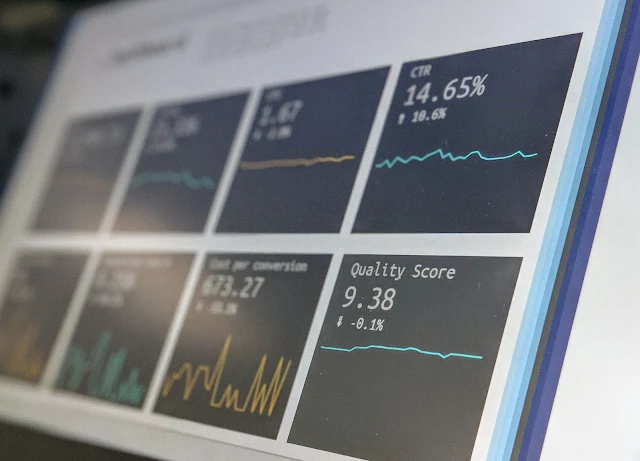In the fast-paced digital landscape, staying ahead of the competition and maximizing your website's potential requires a comprehensive understanding of its performance and areas for improvement. SEO analysis tools are indispensable resources that provide valuable insights and data to optimize your website for search engines. In this article, we will explore a range of powerful SEO analysis tools that can help you unlock the true potential of your website and drive organic traffic to new heights.
Table of Contents
- Introduction to SEO Analysis
- The Role of SEO Analysis in Website Optimization
- Google Search Console: Unveiling Performance Metrics
- Website Crawlers: Uncovering Technical Issues
- Keyword Research Tools: Discovering Search Opportunities
- Backlink Analysis Tools: Enhancing Link Building Strategies
- Competitor Analysis Tools: Gaining Insights from Competing Websites
- On-Page SEO Analysis Tools: Optimizing Content and HTML Elements
- Rank Tracking Tools: Monitoring Search Engine Rankings
- Site Speed Analysis Tools: Improving User Experience and Performance
- Mobile-Friendly Testing Tools: Optimizing for Mobile Devices
- Social Media Analysis Tools: Leveraging Social Signals
- Local SEO Analysis Tools: Targeting Local Markets
- Content Analysis Tools: Enhancing Content Quality and Relevance
- Reporting and Analytics Tools: Measuring Success and ROI
- Conclusion
1. Introduction to SEO Analysis
SEO analysis is the process of evaluating various aspects of a website to identify strengths, weaknesses, and opportunities for improvement. It involves analyzing data related to website performance, search engine rankings, keywords, backlinks, content quality, and more. By conducting thorough SEO analysis, you can gain valuable insights into your website's performance and make informed decisions to optimize its visibility and rankings in search engine results.
2. The Role of SEO Analysis in Website Optimization
SEO analysis plays a pivotal role in the success of your website optimization efforts. Here's why it is crucial for achieving your SEO goals:
Data-Driven Decision Making: SEO analysis tools provide quantitative and qualitative data about your website, allowing you to make data-driven decisions. By analyzing this data, you can identify areas for improvement and devise effective strategies to optimize your website.
Identifying Technical Issues: SEO analysis tools help uncover technical issues that may hinder your website's performance in search engines. These tools can identify crawl errors, broken links, duplicate content, and other technical issues that negatively impact your website's visibility and rankings.
Keyword Research and Optimization: SEO analysis tools enable you to conduct in-depth keyword research, identify relevant keywords with high search volume and low competition, and optimize your website's content accordingly. By targeting the right keywords, you can attract more organic traffic and increase your chances of ranking higher in search results.
Competitor Analysis: SEO analysis tools allow you to analyze your competitors' websites and strategies. By understanding their strengths and weaknesses, you can identify opportunities to differentiate your website and outrank them in search results.

Comments
Post a Comment